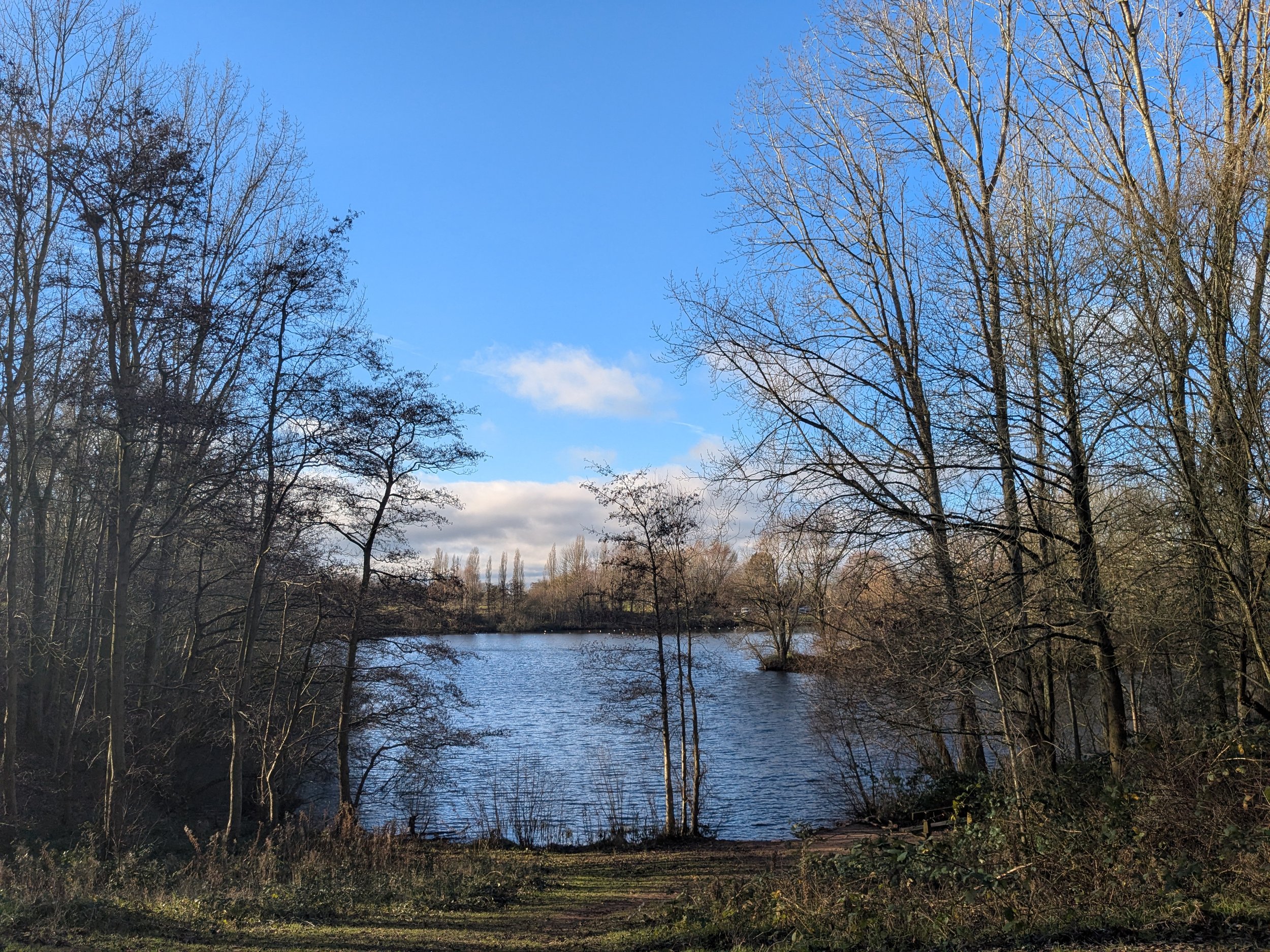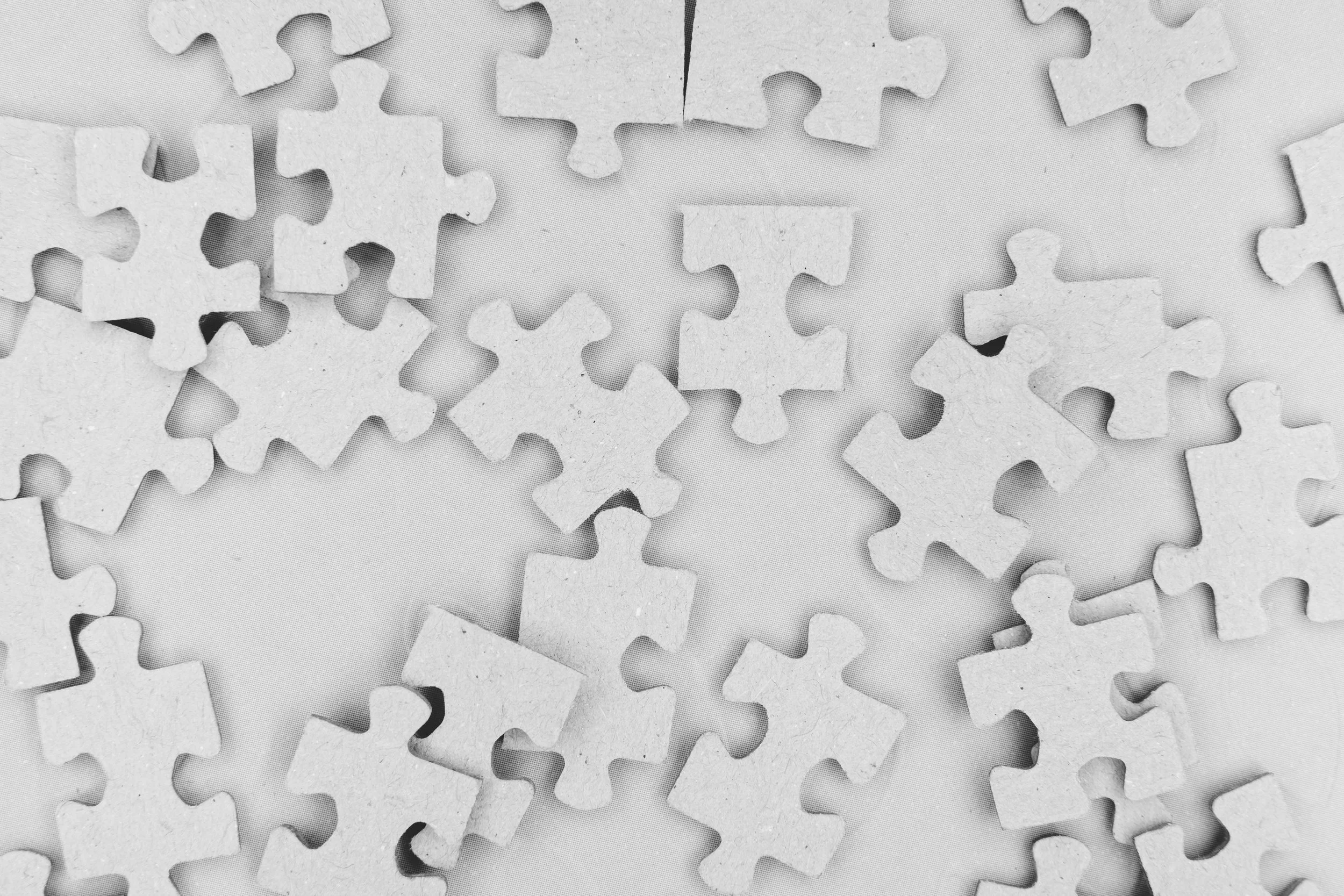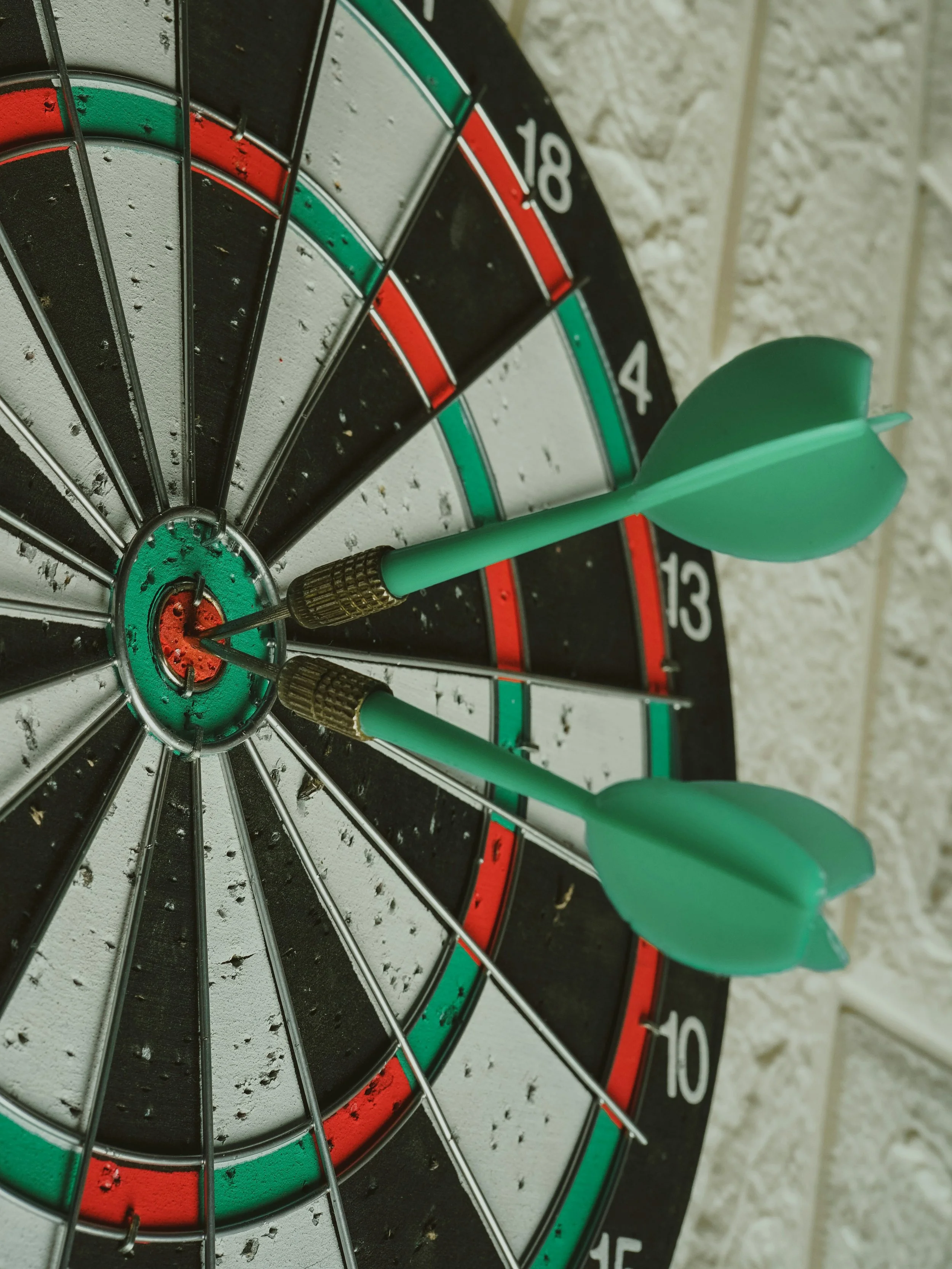What if acceptance is asking different questions?

You can listen to me reading this blog post below.
I have never been a fan of the word acceptance - or even the idea around it. On the one hand, I love the idea of accepting from people - bring me all the things! However, ideas around accepting the things in life that feel unjust and unfair - to me and to others - is something I have not been able to do. Whenever I hear people talk about “accepting what is” I won’t lie - I just get angry. How is it helpful to accept what is? How will that change the injustice and ridiculousness that is happening? What if I don’t want to accept it?
I know that a part of this stems from my definition of acceptance, and perhaps in those conversations about it, people have different ideas about acceptance - depending on their own spiritual and philosophical beliefs. Maybe they believe in fate, or find ways to justify and find the positives even in the unjust things that happen to us. A friend of mine told me that her beliefs bring her comfort in the face of these happenings. However, nothing that I believed has ever made accepting the unjust things that happen in the world feel comfortable. Even growing up in the church, I had questions, anger and a deep desire to understand - and acceptance did not feel like an option - not then and not now.
So - I am starting off from this place - of not having any desire to accept certain things.
So - why am I writing about this at all? Like - if I have already made my mind up, then is this just a space for me to rant about what I won’t accept and why? Well - it’s my blog, so I guess I could - but I have never found that useful. So instead, today I am sitting with a question that floated in a few days ago.
What if acceptance means asking different questions?
Wicked problems
Some time ago, I heard about “wicked problems” - these complex problems that have a number of interrelated causes and associated factors, and unintended consequences - which make overarching solutions difficult to come by. I have worked in healthcare for over 2 decades, and I have often felt like problems seem very complex. When I was a student at university, there was a lot of “this causes that, and here is how we solve it” rhetoric. However, the patterns that I saw in poor health, and access to both the preventive strategies, and the healthcare to treat illness seemed more complicated than cause and effect.
When I moved onto studying public health, it made so much more sense to me - considering the impacts of education, social and economic factors, and larger political decisions on how, where and when chronic disease presents itself and is manifest. However, now I found ideas around how to prevent and treat this problem never felt like enough, and strategies that seemed like they would have a positive impact in one sector had other unintended consequences that might have negative effects in other places.
After over 2 decades of working almost exclusively in healthcare, I added healthcare education to the mix. I also lived and worked through a global pandemic, started a blog and a podcast, and watched three nephews and my niece be born. Now things felt even more complicated. Some of the things I believed and believed in felt hollow - and while that sounds vague, it would require its own post to dive deep into, and I don’t want to get off track. So - more on that another day.
I am at a point in life now where I wish I could just accept certain things, and free up the headspace to create, hang out with friends and family without having an existential crisis during every conversation that isn’t about recipes, and maybe even find a job where I don’t spend several hours a day angrily debating what is wrong with the world - whether it’s out loud with my colleagues, or in my head.
While listening to a podcast episode the other day, the guest Dr. Atul Gawande spoke about being a medical doctor and a surgeon and finding solutions to terminal problems. Aside from the fact that being alive itself means at some point you will die (I know - morbid) if a patient comes in with a late stage cancer, how does he define success? He came to the idea that there is no one definition about success, and that instead he and the patient would come up with a definition based on what was important to them - within their particular context.
What is success?
It got me thinking about definitions of success, and if they are black and white. For him - if success isn’t living forever - or even 5 years, how does he then define success or failure? Or can he find a definition of success that feels good and meaningful while “accepting” that less than desirable outcome? Is there value in that type of approach?
I loved the questions that arose when seeking a definition of success in a situation so hard to navigate - and it got me thinking about the questions we ask when faced with wicked problems. Dr Gawande focused on the question - “what does a good day look like?” It felt to me like a form of acceptance - one that didn’t feel like resignation, but that still considered what could be good - even as we accept the imperfect and sometimes devastating, and even as we work towards other solutions. And it felt like truth - because it is - but a truth that makes space for many things at once - as truth often does.
And I liked it because acceptance has often felt binary to me - either I accept this thing or I don’t - while asking different questions feels more layered, and spacious - regardless of whether I decide to accept something or not.
So - as I thought about some of the things I don’t want to accept, I wondered what other questions I could ask, and how I could get to them. Could I zoom out and take a big picture? Or like Dr. Gawande zoom in and think about the elements of the thing, and see if I could ask questions in relation to one piece of the puzzle, and see if I could land on a truth nestled into the situation that brings me a bit of hope and allows me to move forward, even as I continue to rage against the machine, and work towards solutions big and small.
How else could I define success?
What does a good day look like?
What other questions could I ask right now that would change my lens?
And what if acceptance in this situation - looked like asking different questions?
Let me know your thoughts on this. Has a different question changed your acceptance of a situation?
I send you big love from by the sea.

